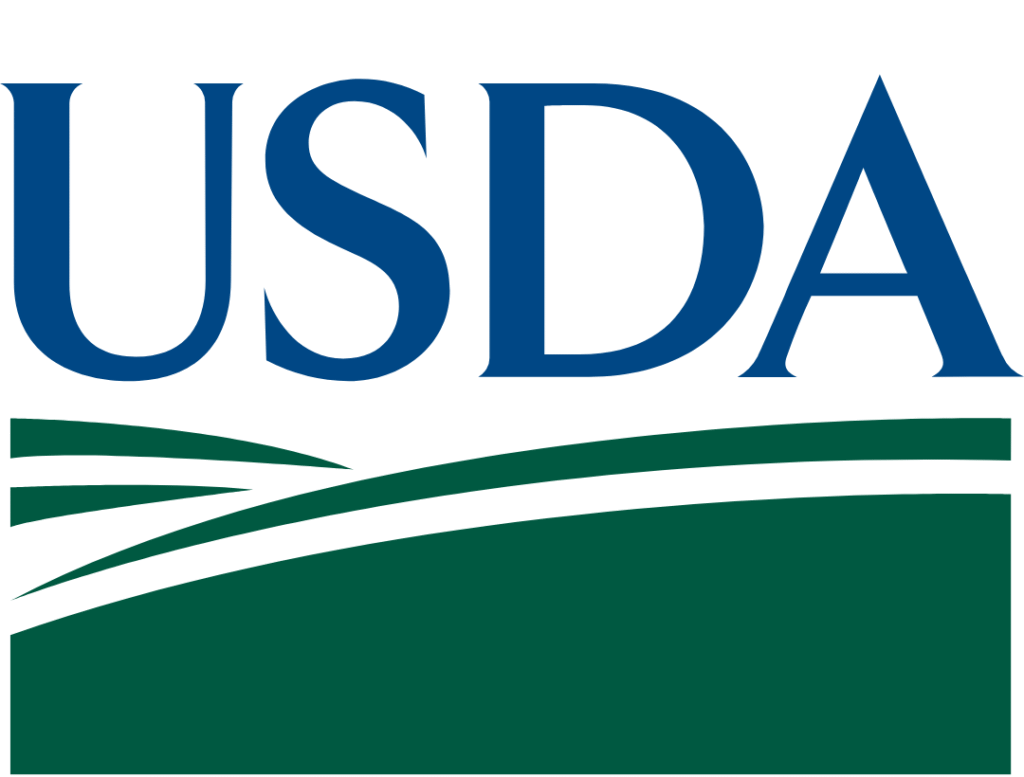
The US is one of the countries in the world that imposes the strictest controls on the import of animal products.
Within the framework of food safety, animal health, biosecurity and consumer protection principles, companies wishing to send such products to the US must comply with USDA (United States Department of Agriculture) and APHIS (Animal and Plant Health Inspection Service) regulations.
In this blog post, we explain the USDA processes that need to be applied for the export of products such as pet food, cosmetics and veterinary products containing animal protein, leather / bone-based materials, the application for a VS Permit (Veterinary Services Permit) and details about USDA registration with updated information according to 2025.
What is USDA? Why is it Important for US Imports?
USDA (United States Department of Agriculture) is the US Department of Agriculture. APHIS (Animal and Plant Health Inspection Service), which works under this agency, inspects the biosafety of all animal and plant products entering the country.
USDA's core mission:
- Ensuring that products entering the US do not pose a risk of animal or plant disease
- To certify that imported products are produced under appropriate conditions in the country of origin
- Facilitate exports of producers with appropriate certification
- Animal welfare and preventing zoonotic disease (animal-to-human disease) risks
So if you want to ship meat, milk, eggs, gelatin, collagen, collagen, animal protein, skin, bone, pet food or any of these ingredients to the US, you must obtain USDA/VS Permit approval in addition to FDA registration.

What is a VS Permit?
(Veterinary Services Import Permit)
The VS Permit (Veterinary Services Permit) is the official authorization required by producers or importers wishing to export products of animal origin to the US.
This permit is issued by USDA-APHIS and authorizes the entry of certain product groups for health and safety reasons.
Example of product groups for which VS Permit is mandatory:
- Pet food (dog and cat food, chews, treats)
- Cosmetics and food supplements containing animal protein or fat
- Milk powder, gelatin, collagen and similar products
- Raw materials based on leather, bone, wool or feathers
- Pharmaceutical products containing animal enzymes
Why is it necessary?
These products imported into the US are subject to a biosecurity protocol because they carry the risk of introducing infectious diseases of animal origin.
If products are shipped without a VS Permit, they may be placed in "Quarantine Hold" status at US Customs or even destroyed.
USDA Registration (Plant Registration)
Every company that ships animal products to the US must first identify its production facility to the USDA system.
This process works in a similar way to FDA Food Facility Registration, but for animal products, it is conducted under the supervision of the USDA instead of the FDA.
Under USDA Registration:
- Manufacturer facility address, contact information, product categories and process information are recorded in the system.
- The origin and processing method of the raw materials used in the products are reported in detail.
- Country of origin health certificate (Veterinary Health Certificate) is submitted for each product group.
- On the US side, a US resident agent (U.S. Agent) is appointed to follow up on applications.
The registration and authorization process is two-stage:
- USDA Registration (plant registration)
- VS Permit application (product-based permit)
Once these two steps are completed, the products become visible in the USDA system and can be verified through the USDA ePermits system during importation.
Application Process and Documents
USDA & VS Permit applications are made electronically.
By 2025, the system will be completely USDA ePermits Portal is carried out through.
Required documents:
- Facility registration form (USDA Registration Form)
- Ingredient Statement
- Production process description (Processing Description)
- Proof of origin of animal ingredients
- Country of origin health certificate (Veterinary Health Certificate)
- U.S. Agent information
- Importer / distributor information
After the application, USDA experts review the file and request additional documents if necessary.
The average turnaround time is between 3-6 weeks.
The approved application is assigned a Permit Number (example: A21585).
This number should be indicated as "USDA Import/Export License" on export documents and bills of lading.
Fees and Annual Renewal Process
USDA-APHIS regularly updates application fees each year.
Average costs as of 2025 are as follows:
| Pencil | Description | Fee (USD) |
| USDA Registration & VS Permit Preparation | Preparation of the application file, document layout, representation service | 1,000 USD |
| USDA Annual Permit Fee | Annual leave fee paid to the institution | 303 USD |
| Renewal | Renews automatically every year | Annual |
Note: The annual permit fee is paid directly to USDA.
USDA registration is valid for 1 year and is automatically suspended if not "renewed" each year.
US Customs (CBP) and USDA Relationship
Once USDA permits are obtained, the export process is integrated with CBP (U.S. Customs and Border Protection).
CBP checks and matches permits in the USDA system at customs entry.
Click to read our article on Permission Processes .
If the product does not have a USDA permit or the permit number is incorrect on the document:
- Product is put into "Hold" status
- CBP issues a "Refused Entry" notice
- The product may be returned to the exporter or destroyed
Therefore, the label, product list and permit number must be correctly prepared for each product.
Additional Requirements for Pet Food Producers
Pet food products (especially dog and cat food) may be subject to both FDA and USDA inspection in the US.
If the product contains animal ingredients (e.g. chicken meal, fish oil, beef protein, etc.), a USDA VS Permit is required.
A Veterinary Certificate must also be obtained from the veterinary authority in the producing country.
This document proves that the product comes from a BSE-free (free of mad cow disease) or avian influenza-free (no risk of avian influenza) source.
On the US side, the importer must also be registered as an Importer of Record (IOR).
For the exporter, all of these processes can be managed by authorized consulting firms such as Export Partners Turkey.
Labeling, Documentation and Implementation
Every exporter of animal products to the US must comply with both USDA and FDA labeling rules.
The labels should contain the following information:
- Product name and category
- Ingredient list (ingredients)
- Production and expiration date
- Manufacturer name, country, address
- USDA permit number (example: A21585)
- "Product of Turkey"
In addition, the following documents must be available at the time of product shipment:
- Commercial invoice
- Packing list
- Bill of lading
- USDA permit certificate
- Veterinary certificate
- FDA prior notice document (if required)
Also click to read our blog post on Animal Food Exports to the USA
Why Should You Get Professional Support?
USDA and VS Permit applications are a technical process.
Even small errors on the forms can lead to rejection or delay of the application.
In addition, a U.S. Agent is mandatory on the U.S. side.
We, as Export Partners Turkey:
- We prepare USDA Registration & VS Permit files on your behalf.
- We'll assign a U.S. Agent.
- We track your documents in USDA and CBP systems.
- We provide the necessary renewal notifications in a timely manner.
In this way, we ensure that your products go through the import process without waiting at customs.
Conclusion: Be Prepared for 2025
The US updates its regulations on imports of animal products every year.
In 2025, these processes have become even more digitalized and document control more precise.
If you are planning to export pet food, gelatin, collagen, animal protein, milk powder, leather or similar products to the US,
It is a great advantage to plan ahead forUS Department of Agriculture registrations, VS permit permits, labeling and customs processes.

